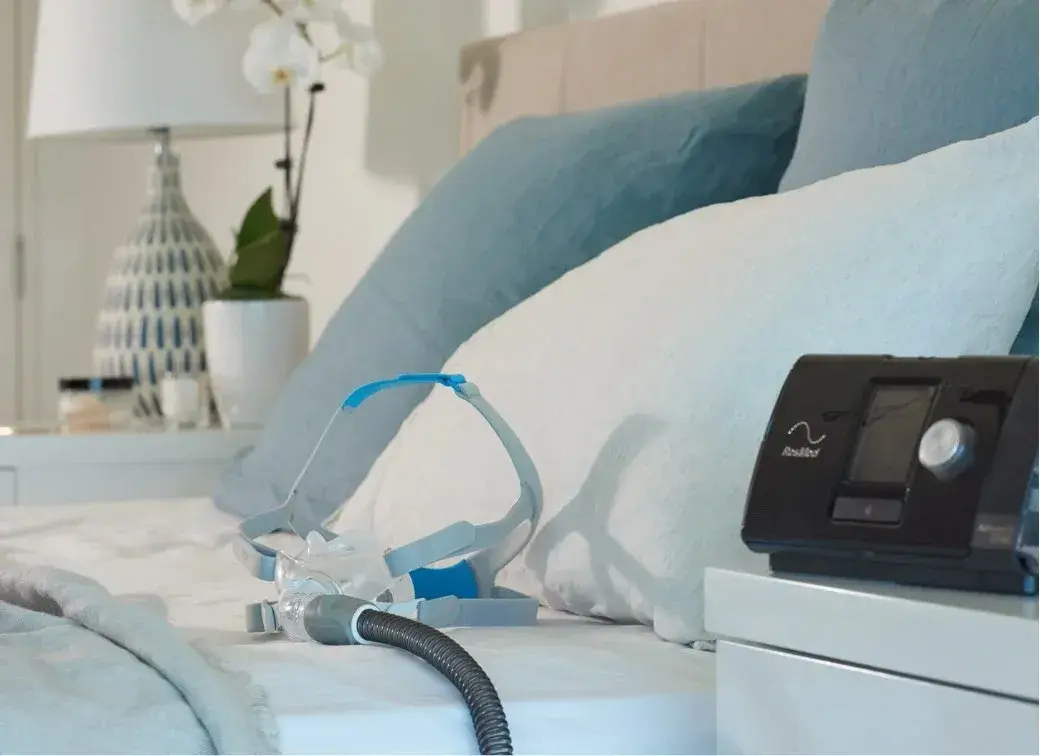Yes, you definitely can and should take your CPAP machine with you when you travel. Lightweight machines are easier to travel with and the machines with a universal power supply can be used all over the world. If you’re sleeping on a plane, you need to ask the airline in advance for approval to use it on the flight. Make sure you can sit near a power source.
Carry a letter from your doctor that certifies your need for CPAP. If you're traveling with a ResMed device, we also recommend that you also carry a copy of this FAA compliance letter.
Make sure you have the right power adaptor for your destination. Pack an extension cord in case your hotel doesn’t have a power point near your bed.
If your CPAP machine has a humidifier that contains water, don’t use the humidifier on your flight as water could spill out and damage your machine.

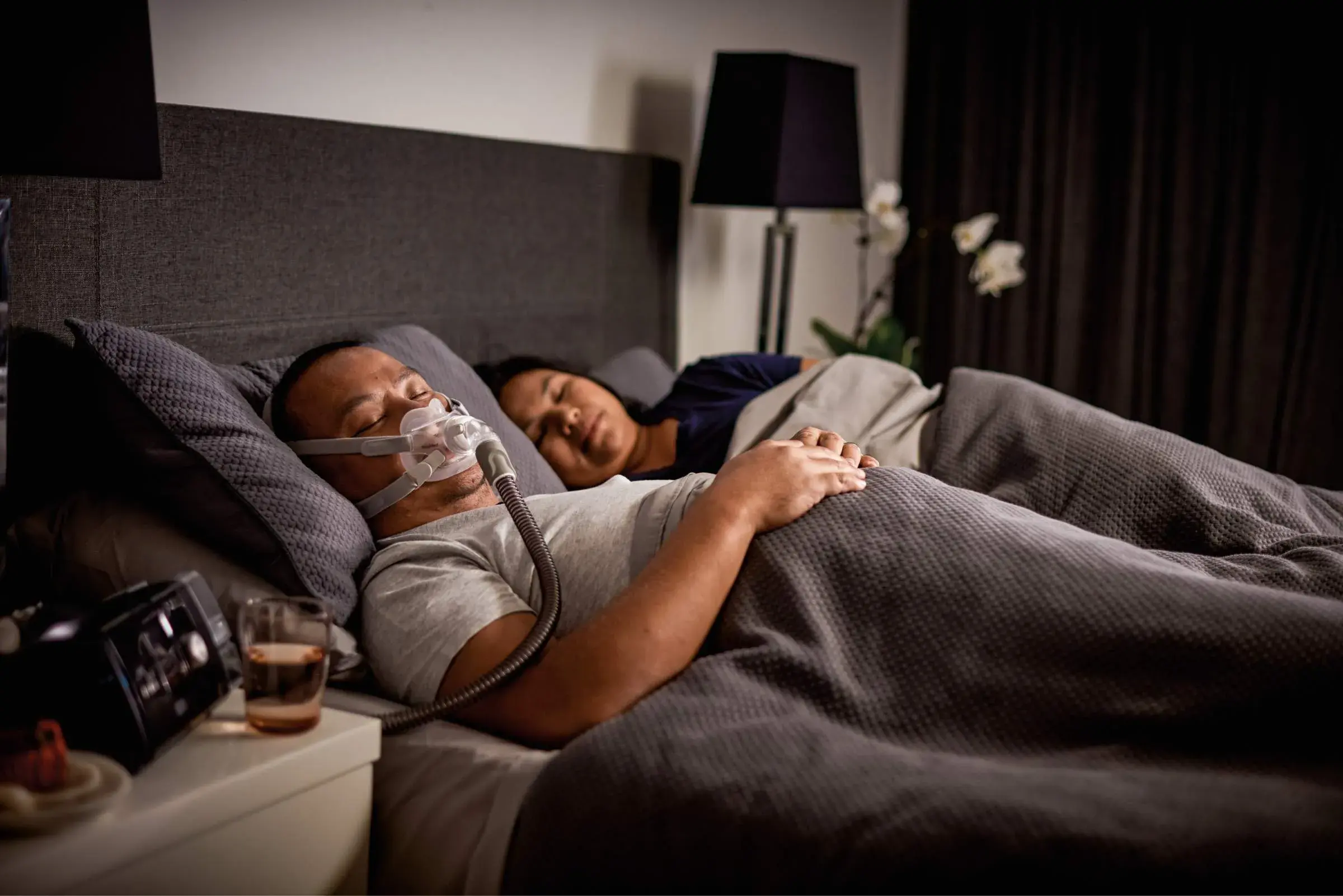



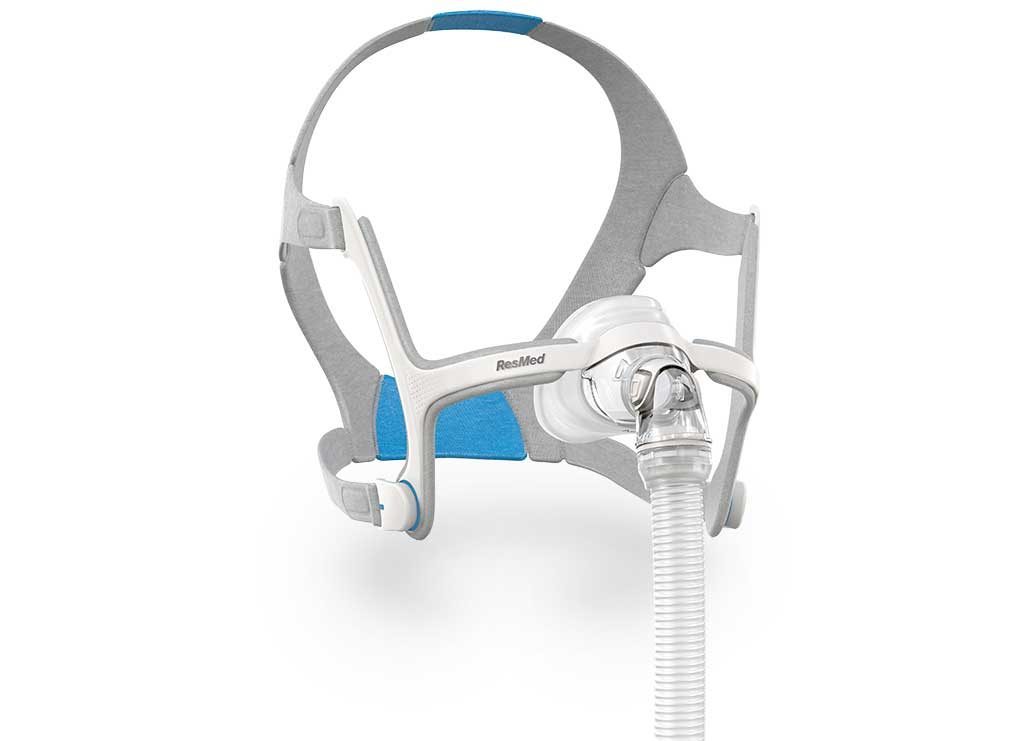

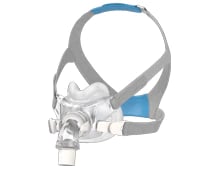

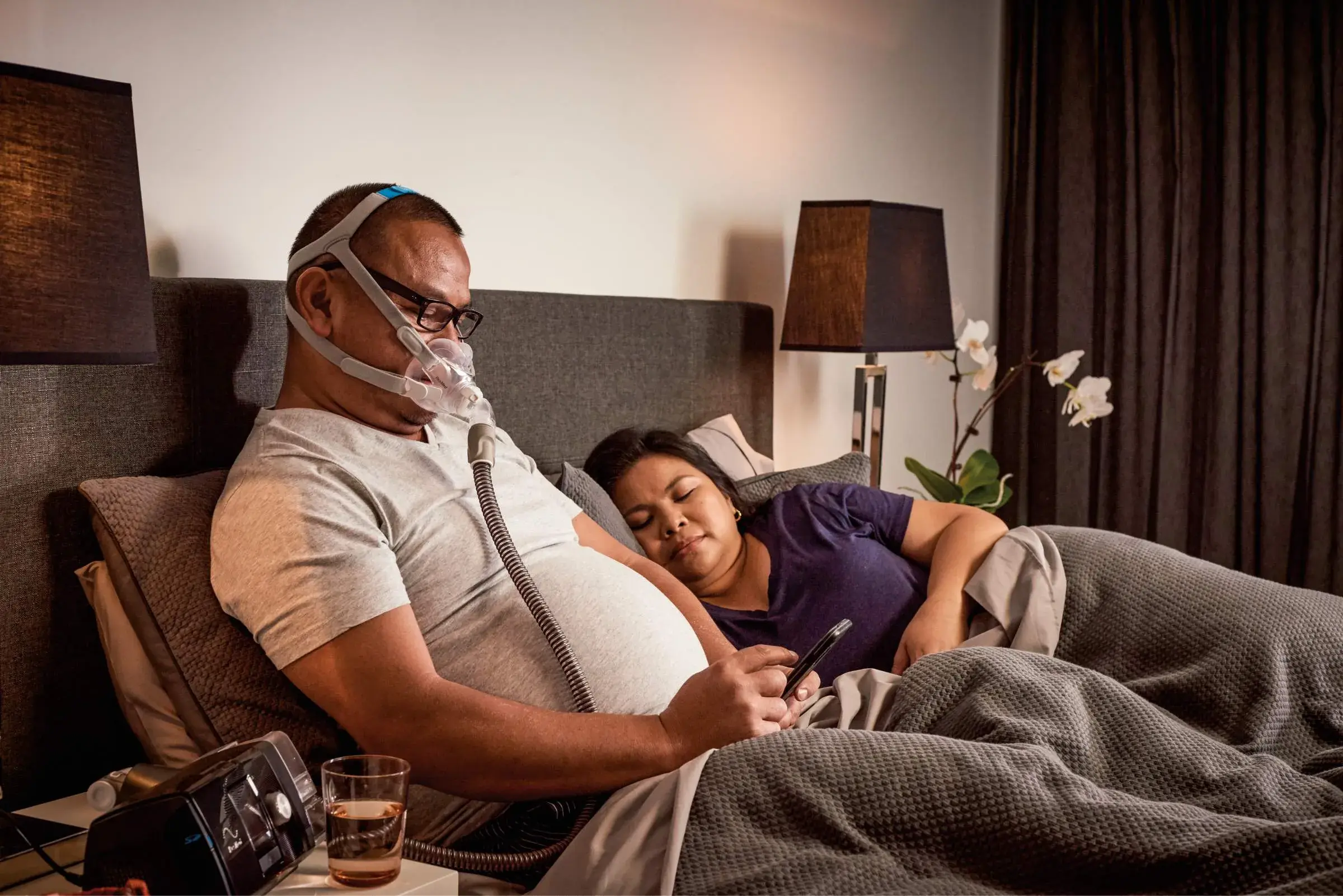
.webp?width=730&height=560&name=airsense-10-autoset%20(1).webp)




